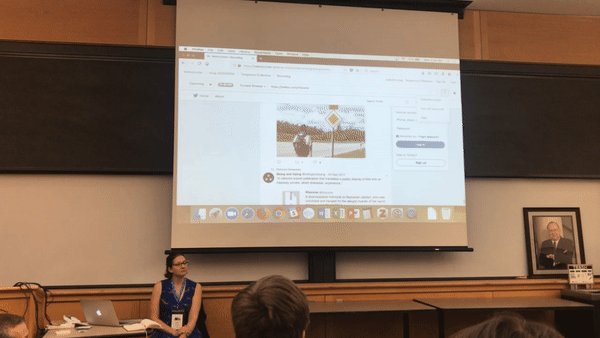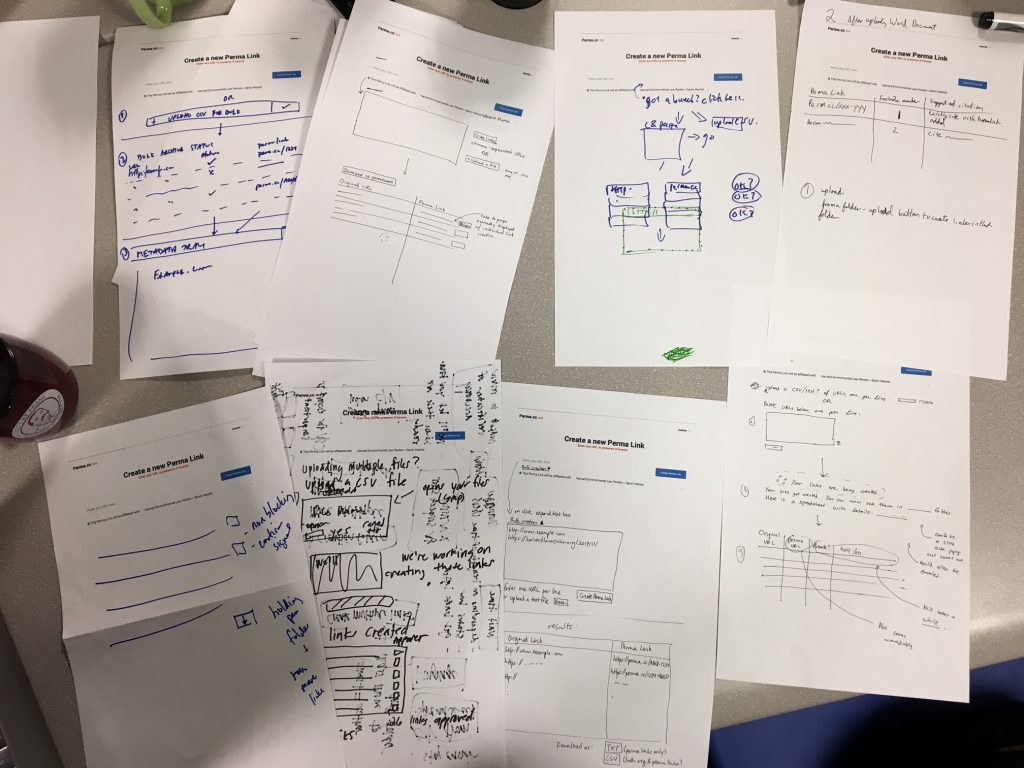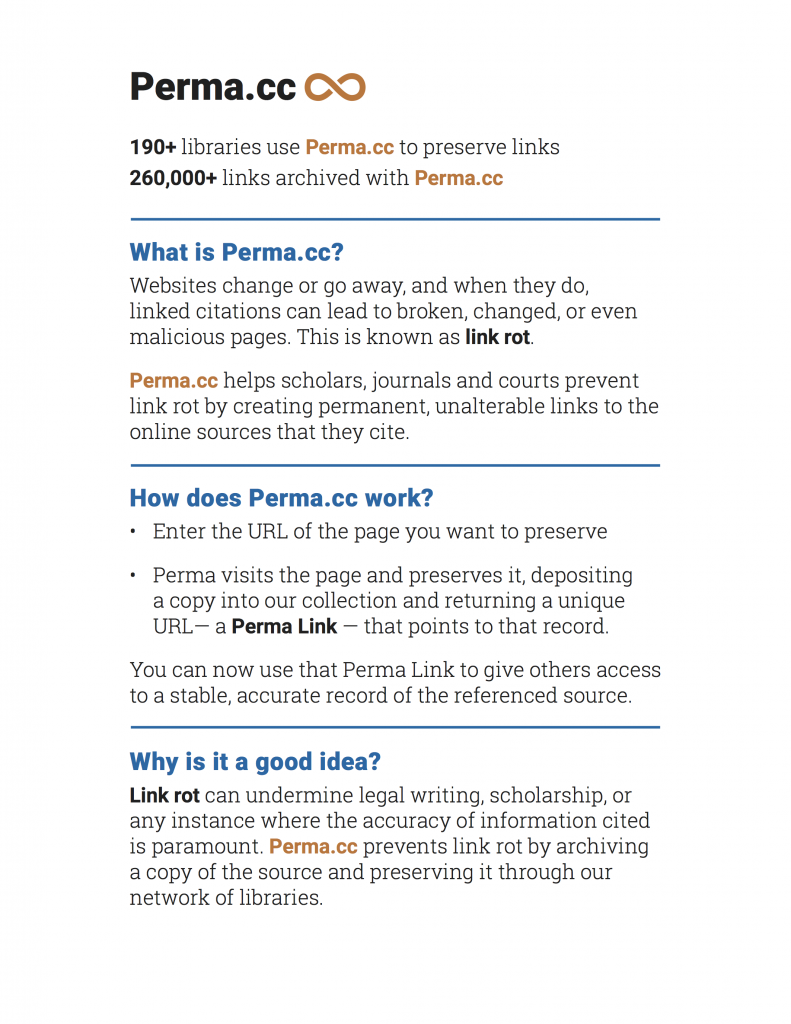We’ve spent a lot of time recently brainstorming on different ways Perma can be used outside of the law arena: anyone who has experienced the frustration and disappointment of finding a 404 error instead of the information they were looking for knows link-rot does not discriminate by subject area. Prompted by some of the Perma.cc teams’ family members’ interest in their personal histories, genealogy research presented us an interesting use-case to explore.
As researchers rely more heavily on the internet across all fields, consistent access to online information will only become more important, and disappearing or changing information can seriously hinder their work. Thanks to the popularity of online genealogy sites such as Ancestry.com and increasing availability of online materials, genealogical research has never been more accessible. Researchers looking into their own families are making connections in real time and documenting their work for others in the future.
But link-rot threatens the stability of this information (and the researcher’s ability to reference it), as well as information cited by others researcher whose original citations no longer exist. A brief survey of blogs dedicated to genealogy and genealogical research has shown that few offer in and of themselves a way to prevent the dreaded 404 error. We believe Perma.cc provides a streamlined way to archive your work as someone undertaking genealogical research, as well as a convenient way to cite it so it’s always available to others.
Perma is also now recommended by the Chicago Manual of Style as a way to preserve a permanent record of sources that are at risk for change!





